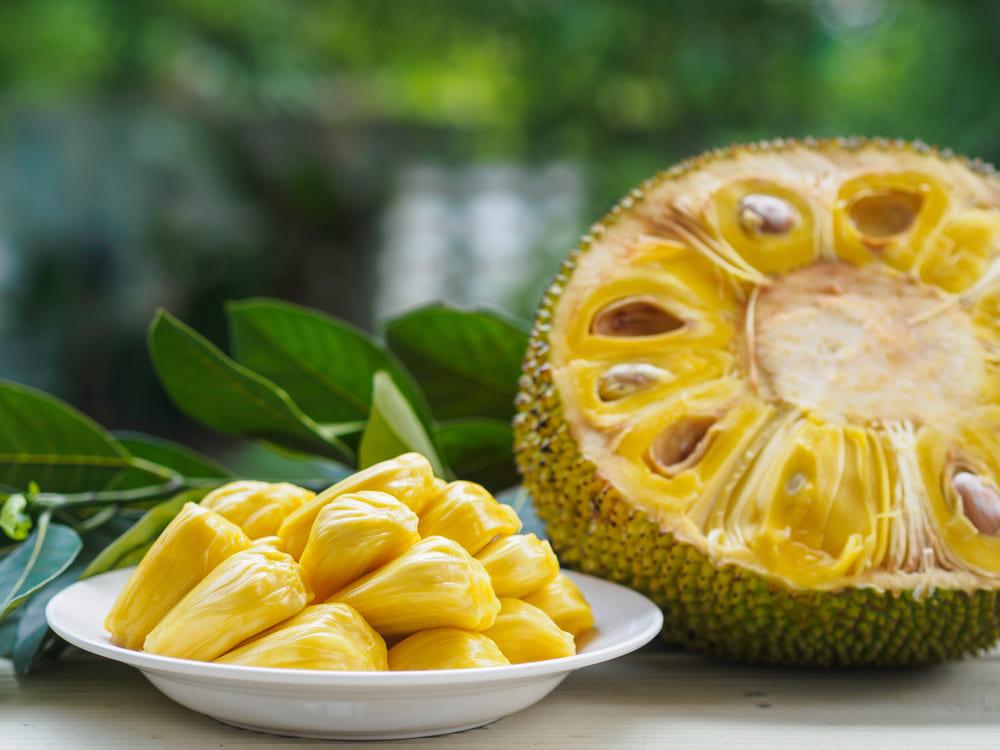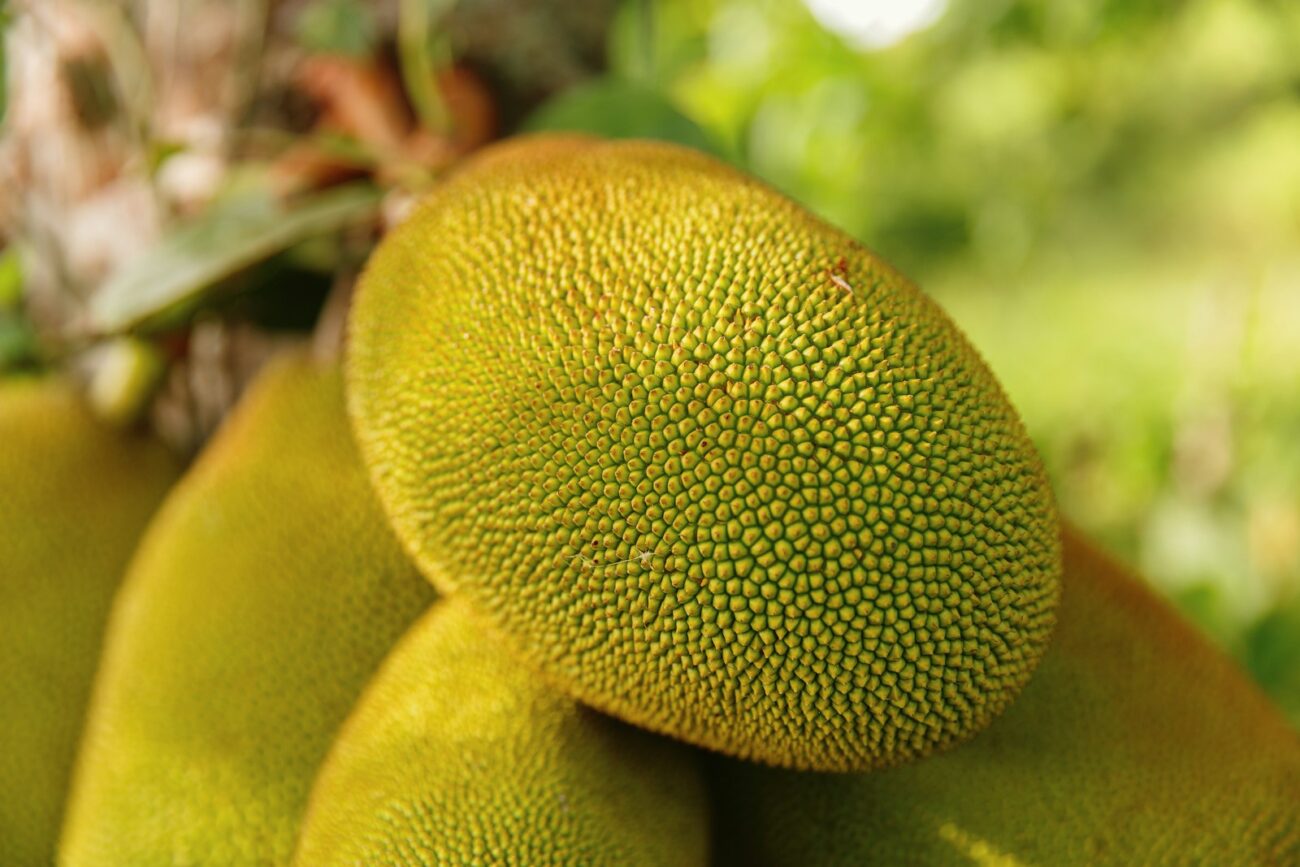Jackfruit, the world’s largest tree-borne fruit, is not only impressive in size but also in its nutrition profile. Native to South and Southeast Asia, jackfruit has gained worldwide popularity for its unique taste, versatility in cooking, and health benefits. Packed with vitamins, minerals, antioxidants, and fiber, this tropical fruit is often considered a superfood.
In this post, we’ll explore the health benefits of jackfruit, provide recommendations on how to enjoy it, and highlight some important contraindications to be aware of.
Health Benefits of Jackfruit
1. Rich in Nutrients
Jackfruit is loaded with essential vitamins like vitamin C, A, and several B-complex vitamins. It also contains potassium, magnesium, and iron, making it excellent for overall health.
2. Boosts Immunity
Thanks to its high vitamin C content, jackfruit strengthens the immune system, helping the body fight infections and illnesses more effectively.
3. Supports Digestive Health
The fruit is a good source of dietary fiber, which aids digestion, prevents constipation, and promotes a healthy gut microbiome.
4. Promotes Heart Health
Potassium and antioxidants in jackfruit can help regulate blood pressure, reduce cholesterol levels, and support cardiovascular health.
5. Provides Plant-Based Protein
Jackfruit is unique among fruits because of its relatively high protein content. For this reason, it’s often used as a meat substitute in vegan and vegetarian diets.
6. Aids in Weight Management
Low in fat and calories but high in fiber, jackfruit helps keep you full longer, making it a good addition to a balanced diet for weight control.
7. Antioxidant Protection
Compounds such as carotenoids and flavonoids in jackfruit fight oxidative stress, which may reduce the risk of chronic diseases and slow down aging.
Recommendations for Consuming Jackfruit
- Fresh Fruit: Enjoy ripe jackfruit as a naturally sweet snack or dessert.
- Unripe Jackfruit: Often called “vegetable meat,” it can be cooked in curries, stews, or stir-fries as a savory dish.
- Jackfruit Seeds: Boiled or roasted seeds are edible and provide protein, fiber, and micronutrients.
- Smoothies & Desserts: Add ripe jackfruit to smoothies, ice creams, or baked goods for a tropical flavor.
- Meat Alternative: Shredded young jackfruit is a popular substitute for pulled pork or chicken in vegan recipes.
💡 Tip: If buying canned jackfruit, choose one packed in water or brine instead of sugary syrup for a healthier option.
⚠️ Contraindications and Precautions
While jackfruit is generally safe and healthy, there are a few things to keep in mind:
- Allergies: People allergic to birch pollen or latex may experience cross-reactions with jackfruit.
- Diabetes: Jackfruit has a moderate glycemic index. Although it may help regulate blood sugar in some, others with diabetes should monitor their levels closely when consuming it.
- Pregnancy & Breastfeeding: Moderate consumption is generally safe, but it’s best to consult a healthcare provider before making jackfruit a regular part of the diet.
- Medication Interactions: Jackfruit may lower blood sugar, so individuals taking anti-diabetic medications should be cautious and seek medical advice.
- Digestive Issues: Eating jackfruit in large amounts can sometimes cause bloating or stomach upset due to its high fiber content.

Jackfruit is a nutrient-dense fruit with a variety of health benefits—from supporting digestion and heart health to serving as an excellent meat alternative. Enjoyed fresh, cooked, or as part of creative recipes, it can add both nutrition and flavor to your diet.
That said, like any food, it’s best consumed in moderation and with awareness of potential contraindications.
If you have allergies, chronic conditions, or take medications, consult your healthcare provider before making jackfruit a staple in your meals.

